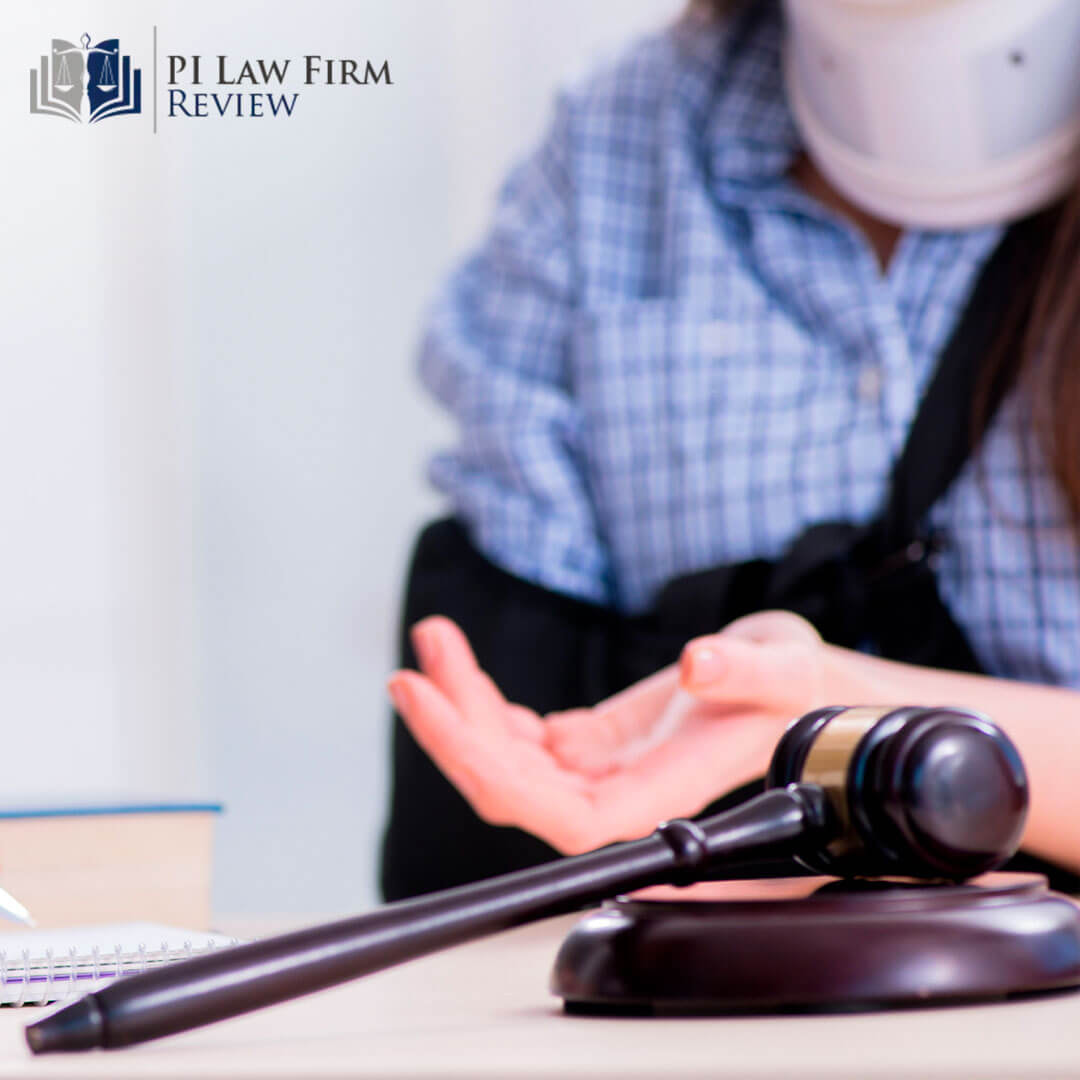
Access to legal aid in the UK are not unlimited. Legal aid is primarily available to individuals who meet certain financial thresholds. These thresholds are determined based on income and savings, with more stringent tests applied for those seeking civil legal aid compared to criminal legal aid. Applicants must prove that they have a low income and insufficient assets to cover the cost of legal services. The process can sometimes be lengthy and require extensive documentation.

Beyond pro bono help, some individuals may also receive legal advice through organizations that specialize in particular areas of law. In case you loved this short article and you would want to receive more info concerning solicitor marketing generously visit our website. For example, housing organizations, domestic abuse shelters, and consumer advocacy groups often have legal teams that provide free legal advice to their clients. These organizations may also refer clients to solicitors who can represent them in court or assist them in navigating the legal system.
Scotland’s legal system is influenced by Roman law and operates under a distinct system. The Scottish courts include the Sheriff Courts, the High Court of Justiciary for criminal cases, and the Court of Session for civil matters. Unlike England and Wales, Scotland uses a larger jury panel in criminal cases and maintains unique rules.
Legal aid enables individuals who cannot afford the costs of legal representation to still access the courts and receive professional legal support. Whether involved in criminal, civil, or family matters, legal aid ensures that no one is left without assistance in the legal system due to financial barriers. This article explores the various aspects of legal aid in the UK, including its history, eligibility criteria, benefits, and challenges.
Certain individuals can access legal support without paying through pro bono work, where lawyers volunteer their services for free. Pro bono work is typically offered by law firms, individual lawyers, or charitable organizations that aim to support individuals who cannot access legal aid but still need professional help. Pro bono lawyers play a crucial role in providing legal support to vulnerable individuals who do not meet the financial criteria for legal aid.
Court reporters or stenographers are responsible for transcribing the proceedings in court. They provide an accurate, verbatim record of what is said during hearings, which can be used for appeals, record-keeping, or future reference. Court reporters must be highly skilled in shorthand or transcription software to keep up with the fast-paced nature of court hearings. The transcripts they produce are often used to ensure that judgments and decisions are correctly recorded and can be referenced in the future.
Court ushers. They ensure that everyone involved in a case, including witnesses, legal representatives, and defendants, is in the right place at the right time. Ushers may call cases into the courtroom, assist witnesses in taking the stand, and maintain order during hearings. Their role also includes helping to organize courtrooms for the proceedings and ensuring that any documents or evidence are appropriately handled.
Despite these challenges, the Ministry of Justice continues to explore alternative funding models for the UK’s court system. One option being considered is the introduction of charging for court services. Some have suggested that introducing new fees or seeking private investment in the judicial system could help alleviate the strain on public finances.
A key feature of the UK legal system is the importance of transparency. Court hearings are typically open to the public, and judgments are often published, ensuring that the judicial process is accountable and that the public can understand how decisions are made. In some sensitive cases, such as those involving national security or the safety of vulnerable individuals, certain parts of the proceedings may be closed to the public, but these instances are rare.
The process of becoming a lawyer in Scotland differs slightly from the rest of the UK. To become a solicitor or advocate (the Scottish equivalent of a barrister), individuals must complete a qualifying law degree followed by the Diploma in Professional Legal Practice and a period of supervised training. Advocates are members of the Faculty of Advocates and have rights of audience in the higher courts.